4 Lessons to Learn From "My Neighbor Totoro"
The adorable anime film from master Hayao Miyazaki is simple in nature, but offers complex meaning and lessons to be learned.
'My Neighbor Totoro', also referred to as just Totoro, tells the brilliant story of the forest spirit Totoro, a giant cat-like creature, discovered by Mei, a young girl who has just moved to the countryside with her dad, Tatsuo, and sister, Satsuki, due to their mother being kept in a hospital nearby. As Hayao Miyazaki's most simple storyline, it is clear the impact comes from the subtleties and visuals that Totoro presents.
Growing up I watched this film over a hundred times, but rewatching it as an adult made me much more aware of the meaning and lessons that can be learned in watching this film.
1. Accept change
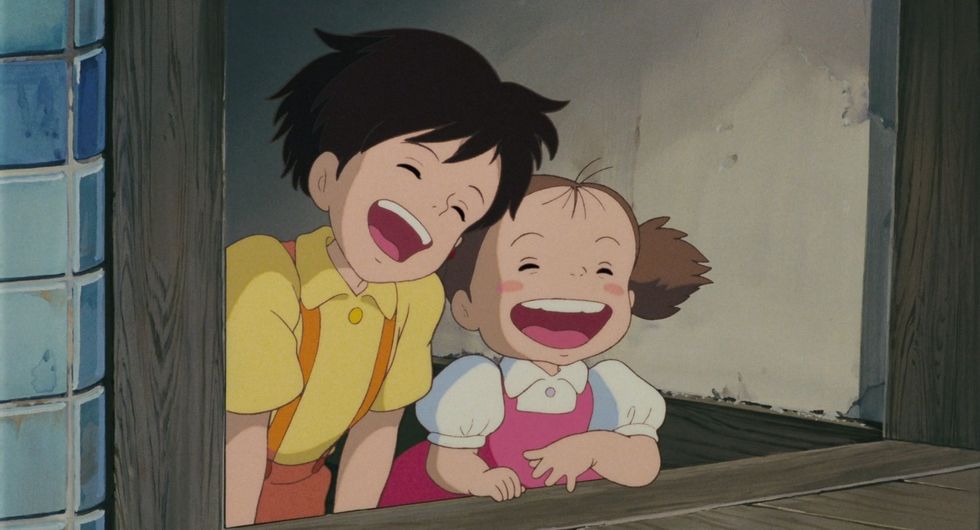
Mei and Satsuki open the movie giddy to explore their new home. While moving and entering a new place where you will live and go to school, with new peers and neighbors can be scary, we see these young girls embrace it with open arms. Their curiosity opens doors for them, literally. Exploring and taking on new adventures become their top priority as they learn to love their new home, in order to be closer to their mom in the hospital.
2. Explore nature
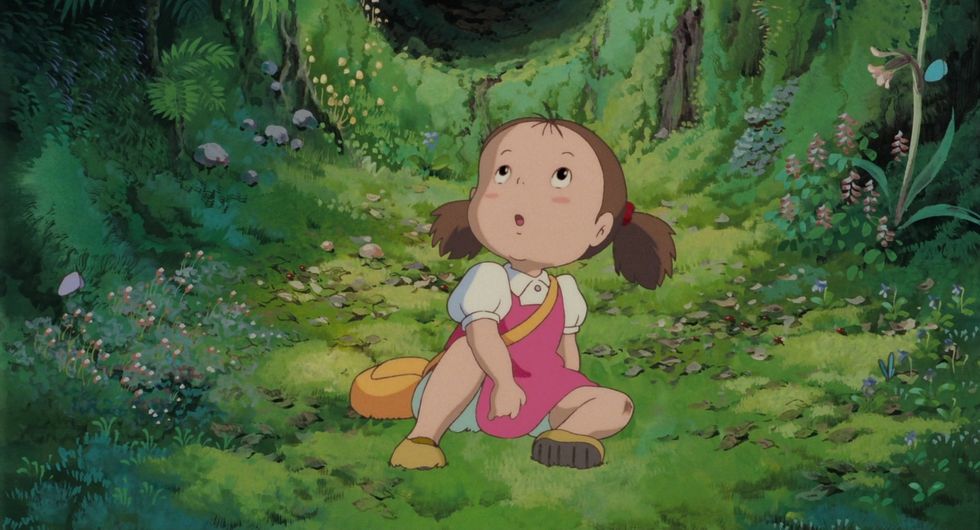
. The only way Mei found Totoro was by searching through the forest, where Totoro decided to reveal their secret entrance. Mei's respect of nature, and joy to be exploring it is probably why she was welcomed in, and this is not on accident. Miyazaki is known for his themes of nature, and in Totoro, it is a subtle and sweet message, that exploring nature is not only fun but can change your world view!
3. Spend time with your family (and those you consider family)

Throughout the film the bonds we can see between the characters and loving and special. Mei and Satsuki's sister bond is tempered at times, but they always had each other's back, and as a result, get to adventure with Totoro together. Tatsuo always looks out for his daughters and does his best to help them through the pain of missing their mom. And Granny, who is actually their neighbor's grandma, but accepts Mei and Satsuki as her own grandkids, and treats them as such.
4. It's OK to be sad
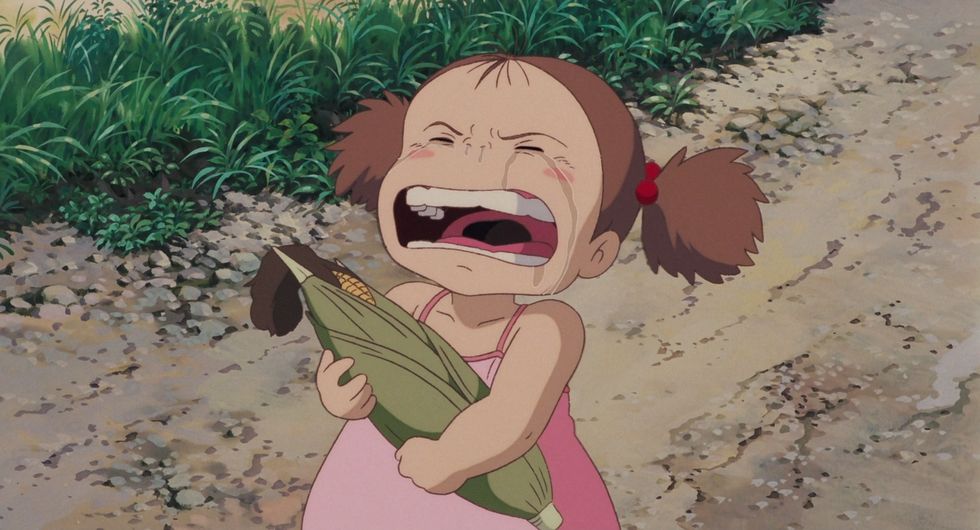
The one thing the movie ends on a vague note is the fate of Mei and Satsuki's mom. Although hopeful viewers may view the end credits as proof she returned home, others may see the entire film as the processing and emotions of grief of her passing. Either way, their mom being so sick, provides a message that it's OK to be sad, to cry, and to grieve. One of the most poignant scenes is when Mei is so sad after finding out bad news about her mom, she runs through the streets to try and bring her an ear of corn. Her sadness and pain can be felt through the screen, The emotional toll on two young girls being apart from their mom shouldn't be downplayed, and the simple and honest portrayal of this shows that Miyazaki is a genius.
My favorite part of 'My Neighbor Totoro' is how timeless it is. Over my lifetime it was never not relevant. And watching it at 19, I could see the little kids in the front row, watching it the same way I did as a kid- loving the adorable creatures, connecting with Mei, dreaming of playing with Totoro, and taking a ride on the Cat Bus one day too.

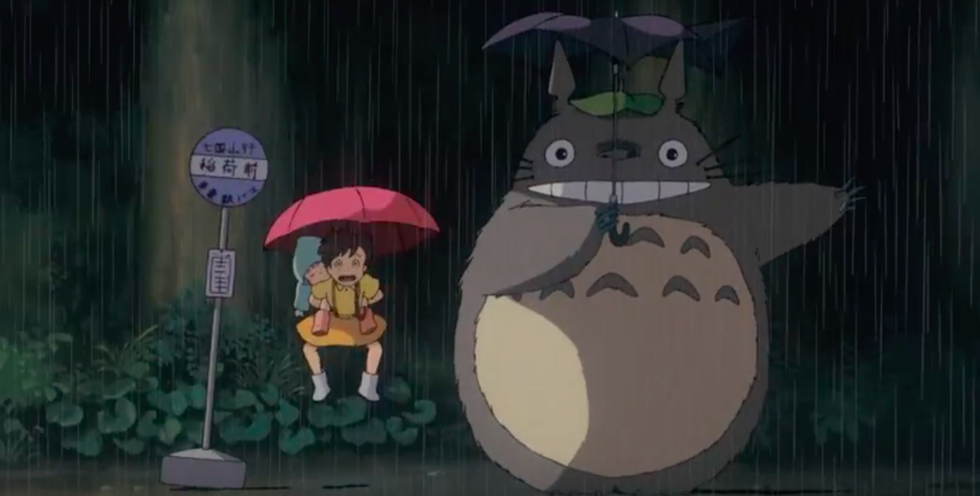













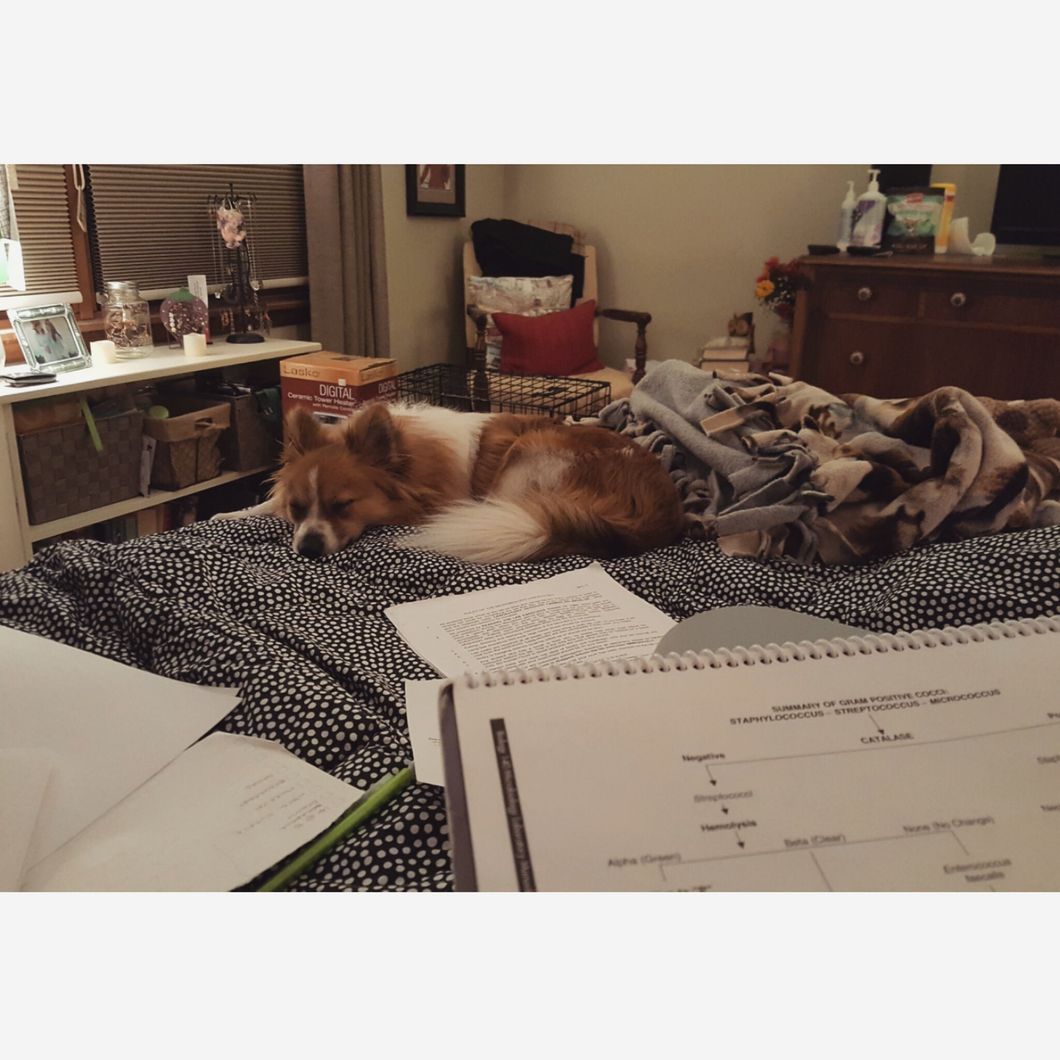


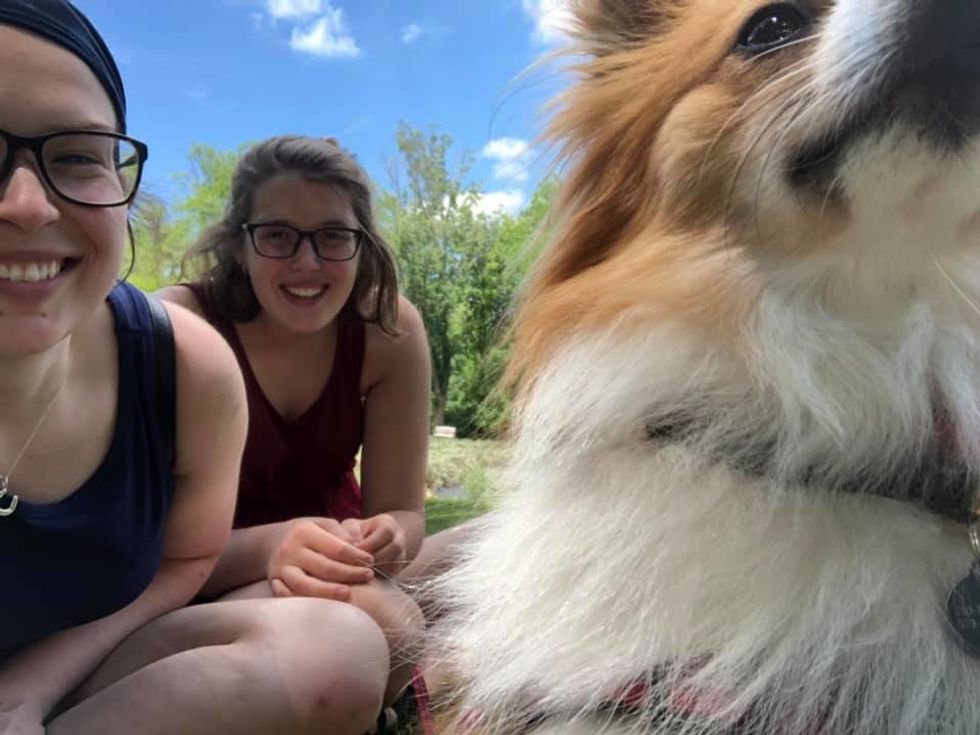






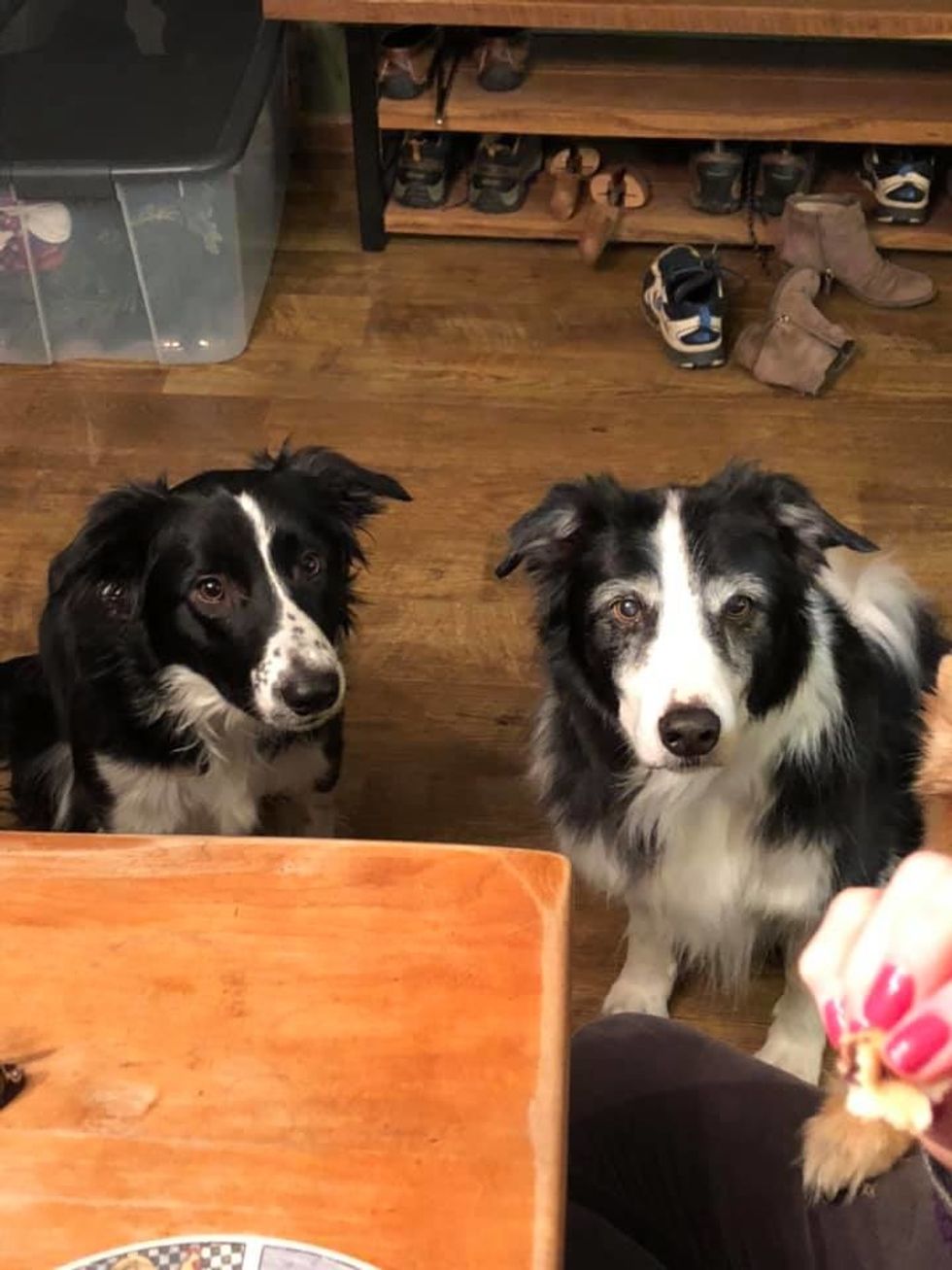


































'Bird Box' Therapy: This Movie Could Possibly Be About Adam And Eve
A good movie.
Netflix's "Bird Box" is a survival movie that follows the character, Malorie. The movie doesn't show any creatures, like zombies, which humanity has to fight against. Instead, its version of an apocalypse leads people to kill themselves if they "look" at this mysterious force.
Malorie's sister, Jessica, falls victim to the force as they drive from the ob-gyn (because Malorie's pregnant). The audience sees Jessica's eyes mutate, indicating that whatever it is she saw has taken over her. The city goes chaos, with cars up in flames and corpses lying around. We then find out that this sight is different for everyone because it manifests their "greatest loss" or desires. The main survival tip of the movie is to not look. "Bird Box" continues from there and ends with Malorie and her two children in "paradise."
My theory is this: the movie is about Adam and Eve.
In the "Book of Genesis," Adam and Eve eat from the tree of knowledge, which God forbade them from doing. A serpent then tempts Eve into eating from it, and Eve offers the fruit to Adam. After eating the fruit, they see that they are naked, a look that causes them to feel ashamed and to fashion together things to cover themselves. This disobedience leads God to exile them from the Garden of Eden, furthering their (and our) relationship with God.
The movie doesn't allow the characters to look because doing so leads to suicide. There are some people in the movie, however, who want to look. They don't commit suicide; but, they make other people look. Devils have possessed these bodies. They are scary and reckless. They are violent, using force to do their job. Looking is a way of obtaining knowledge, and those who look see a false reality- false knowledge. This "creature," like Descartes's evil demon, masks reality. A character, who was helping the fallen Malorie get up amongst the craziness on the street, sees her mother after looking at the creature. We later find out that her mother has been dead for a while.
This creature manifests temptation- the serpent in the Garden of Eden. It entices the lookers and possesses them to kill them. The movie provides for the point that we distance ourselves from God because we then stop to see true reality by looking. We are seeing what is not necessary. We are not seeing the good and beautiful that God had intended; just like Adam and Eve, we strayed our focus away from the beauty. Succumbing to temptation marked the fall of humanity, making way for greed and walking further away from the good and beautiful.
Girl and Boy, named so for most of the movie, are the Adam and Eve who never gave into the serpent's enticement. This is so because they were taught not to look under Malorie's assertive guidance. They were born in the emptiness of civilization, not having knowledge of this world- as if it's a restart to being in the Garden of Eden. The three survive the movie's obstacles, ending up in what looks to be the Garden of Eden on Earth, a place that has good and beautiful.
In conclusion, "Bird Box" portrays the view wherein the world has completely distanced itself from the good and beautiful. It comments on greed and corruption, taking into view the temptation of looking at things other than what really matters. The movie's world has gone to shambles (a parallel to the end-of-the-world picture), with strife taking over. Love re-enters as the three survivors enter the "Garden of Eden," starting over from the "beginning."